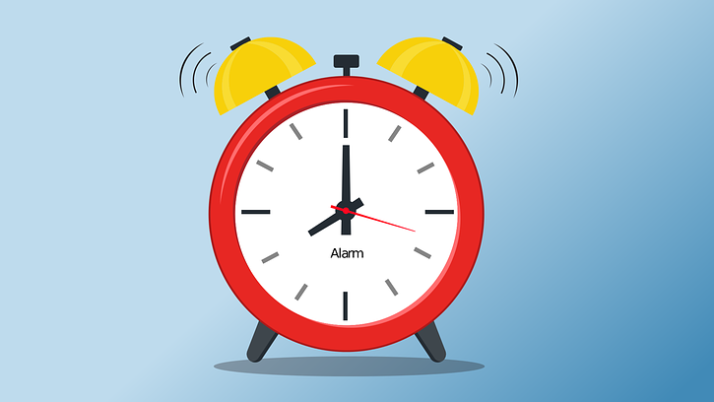
What Is a Power of Attorney & do I need one?
A power of attorney, often referred to as a POA, is a document that allows you to appoint a person or organization to manage your property, financial, or medical affairs if you become unable to do so.
Not all power of attorney documents are the same. Each type of POA gives the person you are appointment a different level of control over your affairs.
General Power of Attorney:
A general power of attorney gives the broadest powers to a person acting on your behalf. These powers include handling financial and business transactions, buying life insurance, settling claims, operating business interests, making gifts, and employing professional help.
General power of attorney is an effective tool if you will be unavailable or out of the country and need someone to handle certain matters, or when you are physically or mentally incapable of managing your affairs. A general power of attorney is often included in an estate plan to make sure someone can handle financial matters. The General POA gives your appointed person a broad range of powers and should only be granted to a person close to you that will have your best interest in mind when making these important decisions.
Special Power of Attorney:
A Special POA can be used if you only want to grant another person the power to complete one or a few specific tasks. Such as selling a property, collecting a debt or handling another single business transaction. The Special POA is usually only used for a specific transaction and then is no longer valid after that transaction takes place.
Durable Power of Attorney:
A Durable POA is simply a general, special, or health care POA that has a durability provision to keep the current power of attorney in effect in the event that you become mentally or physically incapacitated.
You might also sign a durable power of attorney to prepare for the possibility that you may become mentally incompetent due to illness or injury. It is advised that you specify in the power of attorney that it cannot go into effect until a doctor certifies you as mentally incompetent. You can even name a specific doctor who you wish to determine your competency, or require that two licensed physicians agree on your mental state to avoid anyone attempting to falsely claim you are not competent.
So how do I choose:
Not matter which POA is right for your situation, the most important factor is trust. You must have absolute trust and confidence in the person that you give this power when you choose your agent. It can be a relative, friend, attorney, or organization that has your best interests, respect your wishes in mind, and won’t abuse the powers granted to him or her.
If you appoint only one agent, have a backup. Agents can fall ill, be injured, or somehow be unable to serve when the time comes. A successor agent takes over power of attorney duties from the original agent, if needed.
How is a Power of Attorney created:
An attorney usually prepares the document after speaking with you about your situation and wishes. You must sign and notarize the original power of attorney document, and certify several copies. Banks and other businesses will not allow your agent to act on your behalf unless they receive a certified copy of the power of attorney.
Can a Power of Attorney be revoked:
You can revoke a power of attorney at any time. Simply notify your agent in writing and retrieve all copies of your power of attorney. Notify any financial institutions and the County Clerk’s office, if applicable, that your agent’s power of attorney has been revoked.




